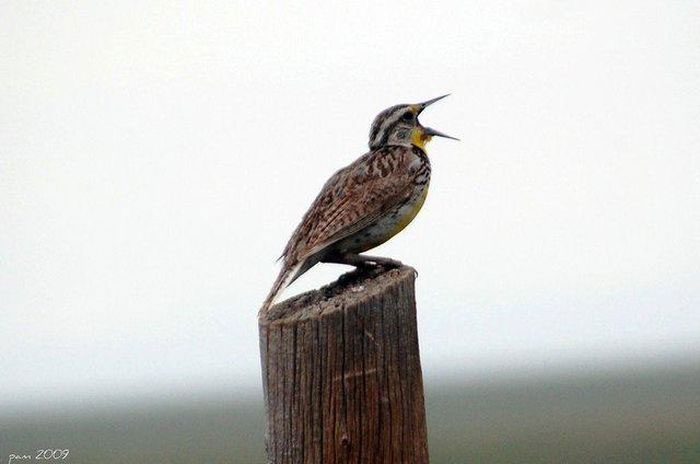Meanwhile, a recent study on the impact of birdsong, based on real-time feedback through an app, also indicates that birdsong has a sustainable positive effect on human mental health.
The Mental Health Benefits of Birdsong
Since the emergence of Covid-19, the increase in anxiety and depression that people experience has been clearly documented.
In an effort to understand the influence of birdsong on mental health, researchers at the Max Planck Institute for Human Development in Berlin, along with scientists from the Department of Psychiatry and Psychotherapy at the University of Hamburg-Eppendorf (Germany), conducted an assessment of how birdsong and, conversely, artificial traffic noise affect mood, delusions, and cognitive function in humans.
The researchers conducted an online experiment with 295 healthy participants. These individuals listened to either traffic noise or birdsong for 6 minutes and completed questionnaires before and after listening to the sounds.
According to the researchers, the questionnaires could help identify psychological trends in healthy participants without diagnosing mental health issues.
The conclusions of the study are intriguing. The researchers found that listening to birdsong calms and reduces anxiety in healthy participants but does not appear to exacerbate depression.
Meanwhile, traffic noise was found to worsen depression. The study shows that neither traffic noise nor birdsong affected cognitive performance.
And if simply listening to birdsong through a computer can have such a calming effect, Emil Stobbe, one of the study’s authors, asserts that this effect could be even greater when people hear birdsong outdoors.
The researchers believe that birdsong is a subtle indicator of an intact natural environment, signaling a crucial safe space free from threats to humans while diverting our attention from stressors.
However, researcher Stobbe also offered another explanation: “Another interpretation is that humans can often associate positive experiences with natural sounds, such as birdsong, which, when heard, activate those memories and reduce stress.”

Despite increasing evidence of the mental health benefits of being close to nature, the number of studies on the uplifting power of birds remains limited.
A second recent study, also published in the journal Scientific Reports, is titled “Temporary Ecological Assessment Based on Smartphone Data Shows Mental Health Benefits from Birds.”
Specifically, the scientific team at the Institute of Psychiatry, Psychology & Neuroscience, King’s College London (UK), used the smartphone app Urban Mind, asking users “to help us understand how urban life affects mental health” in real-time.
During the study, conducted from 2018 to 2021, participants were asked three times a day whether they had seen birds, followed by questions about their mental health so researchers could establish a link between the two.
Additionally, the study surveyed 1,300 individuals diagnosed with depression—the most common mental disorder worldwide. The results showed clear improvements in those diagnosed with depression. The study concluded that seeing or hearing birds is associated with improvements in mental health that can last up to eight hours.
The lead author of this study, Ryan Hammoud, explained that while there is increasing evidence of the mental health benefits of being close to nature, the number of studies on the uplifting power of birds remains limited.
“By using the Urban Mind app, we have for the first time shown a direct link between seeing or hearing birds and positive mood,” researcher Hammoud stated.
Warnings About Urbanization

The lives of birds have been significantly affected by urbanization.
Researcher Hammoud hopes that this evidence will encourage greater protection for bird species and their environments, not only for biodiversity but also for our mental health.
According to the scientists, these findings suggest that applications using birdsong could be implemented in environments such as hospitals and therapy centers to uplift the spirits of patients. Additionally, further studies are needed to investigate how birdsong can assist patients diagnosed with anxiety disorders and whether birdsong can be used to prevent mental disorders.
The journal Neuroscience News reported that in a discussion about the new research, the impact of large-scale migration to cities, which is linked to worsening mental health, is becoming increasingly apparent. Furthermore, the lives of birds have been significantly affected by urbanization, due to habitat loss and other negative impacts such as noise pollution leading to disorientation.
The Swaddle (Germany) advises that people should consider this a warning to protect biodiversity so that urban residents do not have to access birdsong through digital means.



















































